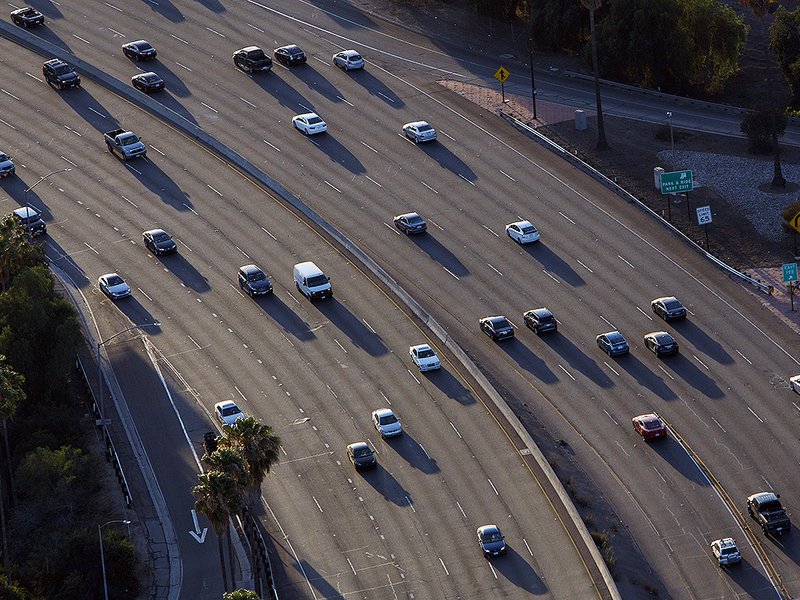
WASHINGTON — A group representing many major automakers on Friday backed the Trump administration’s decision to weaken Obama administration fuel efficiency standards, but said it opposed further reductions in requirements.
In March, the Trump administration issued final rules requiring 1.5 percent annual increases in efficiency through 2026 — far weaker than the 5 percent increases in the discarded Obama-era rules — but abandoned its August 2018 proposal to freeze requirements at 2020 levels through 2026.
The Alliance for Automotive Innovation, a trade group representing General Motors Co., Fiat Chrysler Automobiles, Toyota Motor Corp. and others — on Friday intervened in a litigation on behalf of the Trump administration, saying it believed the EPA and National Highway Traffic Safety Administration “lawfully exercised their discretion in setting their standards in accordance with the applicable statutory requirements.”
The group added the new standards “properly balance improvement in fuel economy and (greenhouse gas) emissions performance.”
The Competitive Enterprise Institute in April asked a federal appeals court to order the administration to reconsider its plan, saying it should have further reduced or frozen the requirements. The group argues the agencies “failed to adequately consider the adverse traffic safety impacts of their chosen fuel economy standards.”
The auto group opposed CEI’s legal challenge.
Five automakers that announced separate agreements with California on fuel economy standards in 2019 are not participating in the legal intervention. The five automakers are Ford Motor Co., Volkswagen Group, American Honda Motor Co., BMW of North America Inc., and Mercedes-Benz USA.
U.S. Rep. Debbie Dingell, D-Mich., criticized the automakers’ announcement, noting they previously intervened on behalf of the Trump administration in support of a separate regulation to strip California of its right to set emissions rules.
“The American auto industry can either lead or be led,” she said.
California and 22 other U.S. states also plan to challenge the March rewrite, saying the administration should not have relaxed the Obama rules.